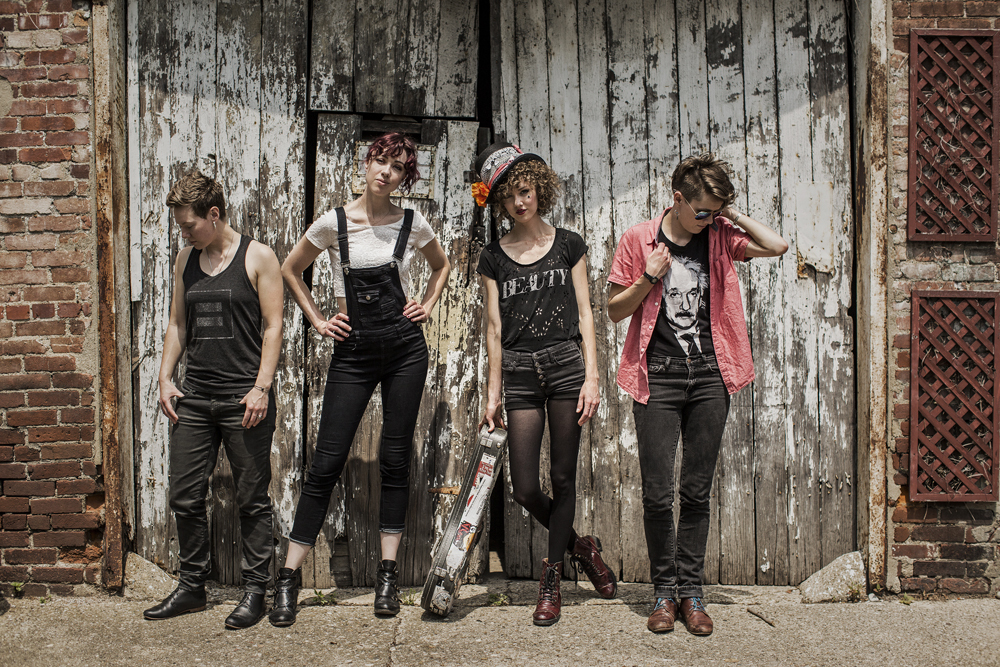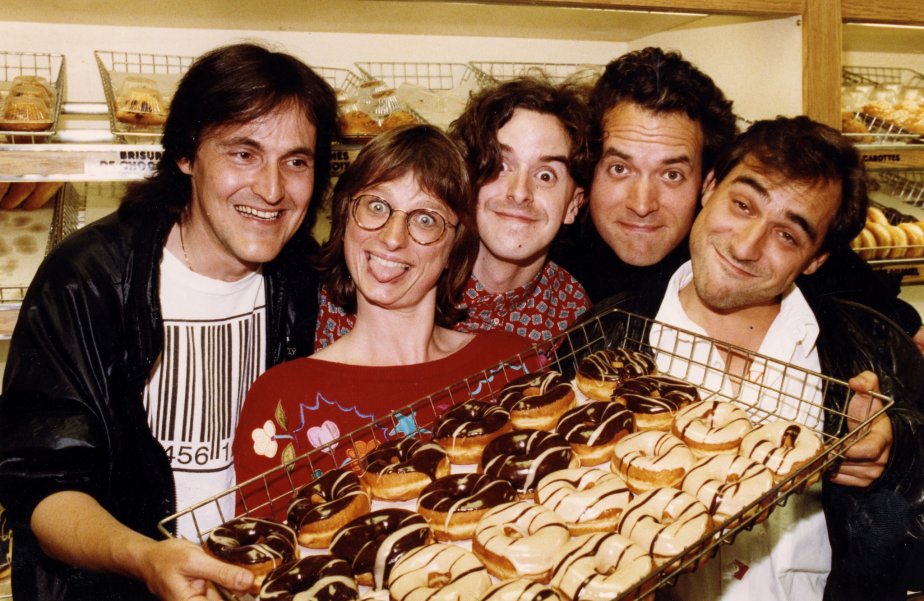I’ve been frequently called to jury duty. It’s the price you pay for voting because potential jurors get chosen from voter registration lists.
I’m convinced they call us in alphabetical order. It’s the only reason I can figure why Garry and I were called every few months. Good citizens that we are, we always showed up. Coincidentally, our last name starts with an “A.”
Garry and I were called up two or three times a year for more than a decade until one day I called them and said “I’ve had enough!” After that, they slowed down to every other year. I’m pretty sure there’s an outstanding warrant because I didn’t respond to at least one jury summons. It showed up while I was in the hospital trying not to die. So, it’s just possible I’m a wanted criminal.
I figure they’ll get back to me on that.
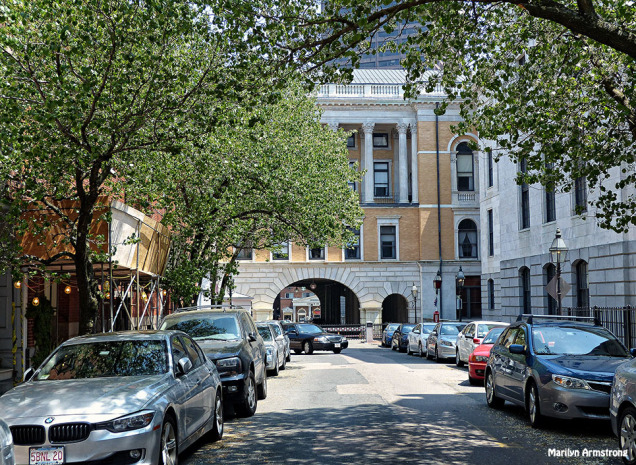
They called Garry often, too, but never let him serve. Reporters are like cops. They’ve seen too much. Garry knew the judges, the D.A., the lawyers — and the criminals. And they knew Garry. Knew he knew stuff they preferred he not know. So, no matter how many times they called him, he was in and out in an hour. Maximum two.
I was a better pick. No connection to law enforcement. No lawyers, law suits, or weird political opinions. That I was a free lancer who was going to lose my salary if I couldn’t work did not matter to anyone except me. I went in, sat around. No trial needed me, so I went home. Done, until next time.
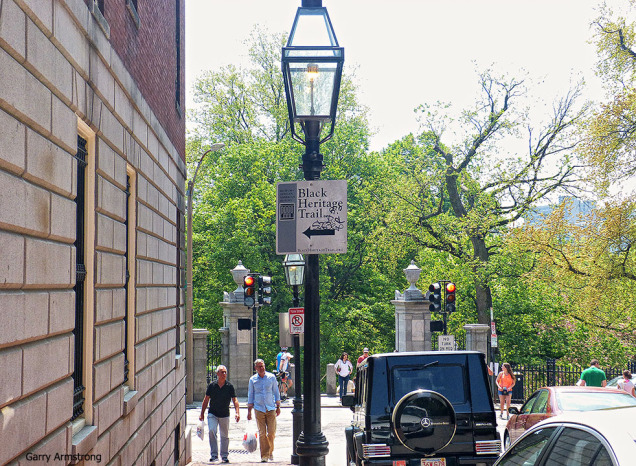
One day, they called me — and I got assigned a trial.
I had instant images of a long criminal trial. Being sequestered for weeks in some fleabag motel. Losing all my clients. Losing my house. I was not an enthusiastic juror, but when duty calls, you might as well go quietly. Besides, they have officers with guns stationed at the exits.
It turned out to be a minor civil case. One woman hit another at an intersection. Woman A claimed Woman B was jumping the light. Woman B said she had mistakenly thought it was a cross street. There was no evidence except “she said” versus “she said.” I thought both of them were lying. It was a matter of who you believed less. Eleven of my fellow jurors were ready to acquit. I thought we should at least talk about it. But they wanted to go home and pointed out how everyone knows the intersection isn’t a through street. I didn’t, but I have no sense of direction.
There was nothing except a small amount of money at stake. Peer pressure got to me. Eleven people wanted to go home which I was preventing. That sort of thing can get ugly fast. I caved.
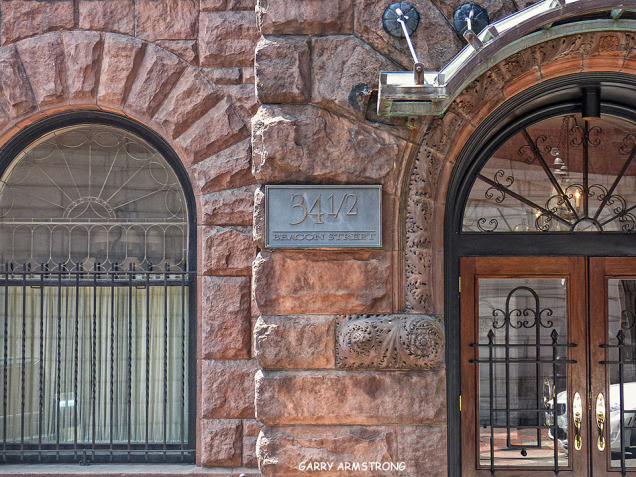
That was more than 25 years.
Tonight, we watched “Twelve Angry Men,” the movie (1957) in which Henry Fonda forces eleven of his peers to reconsider the evidence and fully grasp the concept of reasonable doubt. It’s a great movie which has aged well. Pretty much the way I remember the experience, except we had air-conditioning, sort of.
It left me wondering how many verdicts are based on jurors who just want to go home? How many people are convicted — or acquitted — because the jury couldn’t stand one more minute of examining evidence? How many jurors are bullied into a verdict with which they disagree because they are threatened — emotionally or physically?
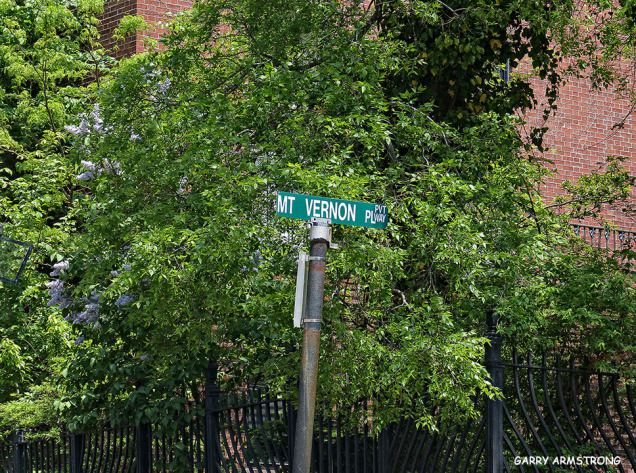
There are no statistics on this and by definition, there won’t ever be any. No one, given the criminal liability and potential physical danger, is going to admit to it. But it makes you wonder, doesn’t it?
Next time a jury comes in with some absurd verdict, consider the possibility that at least some of them didn’t freely agree. I’m sure it happens, because it happened to me.
Share this:- More
